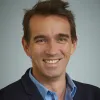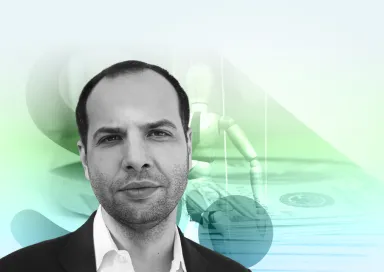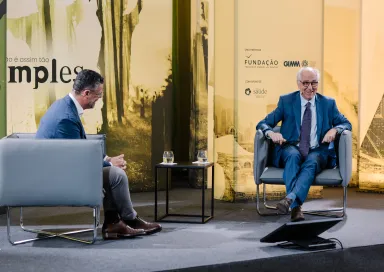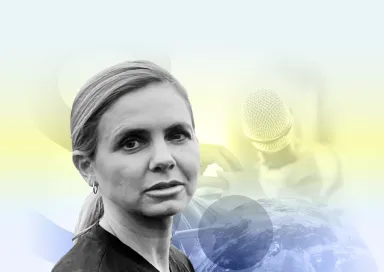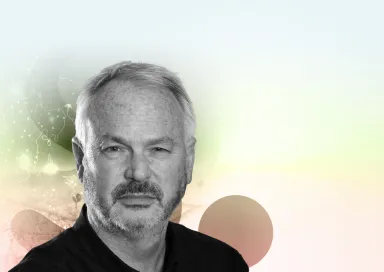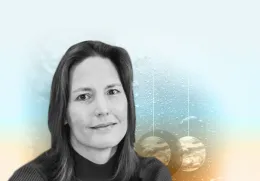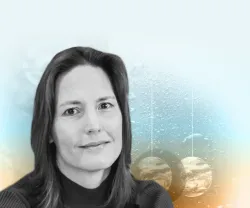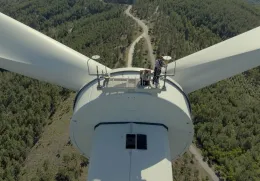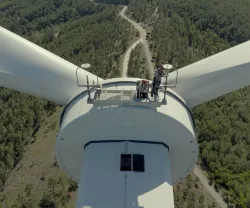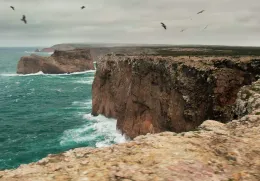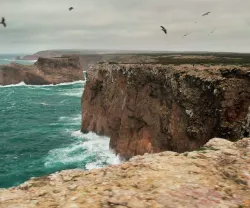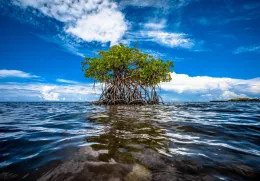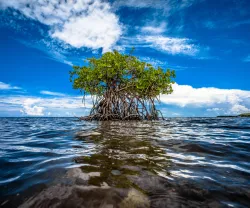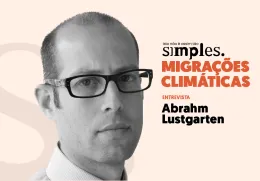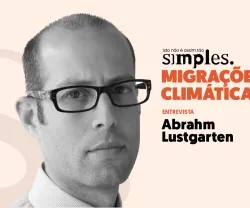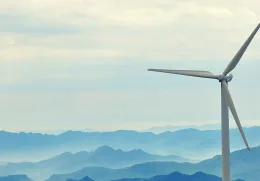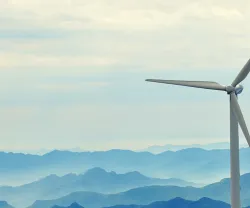How can a historian help us understand a changing planet? Answer: By providing context and perspective.
A fervent advocate of employing expert knowledge of the past to find solutions for the future, British historian Peter Frankopan uses his research and sense of humor to remind us that «most of human experience consists of failure».
This is, in fact, a trend that continues to repeat itself today: «When we look at the things that work, the sad truth is that most of them are still a question of pure luck».
But other factors have also contributed to shaping human history. «Going back in time, resilience was one of the reasons for our success», explains the author of the best-seller The Silk Roads. He assures us that resilience remains a powerful weapon for facing today's challenges.
In a polarised world, the professor of global history guarantees that cooperation is important to deal with any crisis, but he remains doubtful whether the superpowers will be able to get together around the table.
The expert warns that simple problems are often exaggerated to «extend individual power». As an example, he cites Western views on migration figures, figures which have remained static: Today, as in 1960, migrants and refugees account for 3% of the world's population.
This misidentification of problems is due to the fact that we want «simple answers and lack patience and tolerance». This has the added effect of leading to the rise of populism and extremist views.
Europe has also found it difficult to understand realities removed from its own. «We seem to have turned our backs on several areas of world as we, I assume, consider ourselves culturally and economically superior», he explains. While such countries are «observing the way we do things, we are busy staring at our own reflection in the mirror and complaining that the world is changing».
This change is being driven by various threats. The conflicts between powers and the current geopolitical situation which may (or may not) become more fragile with the outcome of the American elections - climate change and the potential diseases and pandemics in the future.
The historian warns that the outlook for the future is not promising. New diseases have been identified in the Mediterranean during the last 18 months. In Lisbon, on the other hand, temperatures are predicted to rise by eight degrees. Meanwhile, 20% of Vietnam’s territory is expected to be submerged in the next 15 years.
That's why, says the expert, we must «prevent» and «plan» to respond more effectively. «We need to train first responders to save people from floods and train young doctors in hospitals and teach them about things that previous generations weren't prepared for», he says.
Nevertheless, a certain dose of optimism will also be crucial. «Here in Europe, we are chronically depressed, and perhaps there are good reasons for that». But with his experience of working in other parts of the world, Frankopan believes that optimism is a vital driver of «innovation, cooperation, collaboration and investment» for the future.
Channel 4 News interview
Hedgeye interview
Peter Frankopan's oficial website
Podcast «I've Been Thinking», with Peter Frankopan
Podcast «Wild with Sarah Wilson»
63

Big issues, big names in a new programme dedicated to interviews with international personalities from the world of politics, economics and society. These conversations with special guests, conducted by journalist Pedro Pinto, aim to simplify and help demystify some of today's most important issues. Every month, on the Foundation's website.
